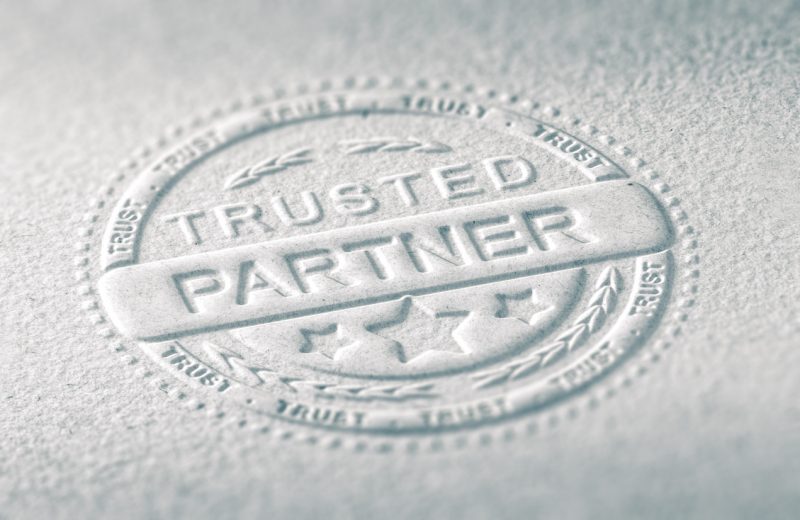
Social innovator and technology consultant Rachel Botsman is the leading global authority on the new era of trust. Her name often surfaces during conversations about the reputation economy. She’s an award-winning author, speaker, university lecturer and media commentator. Her specialism is an engaging and intelligent long-view of how technology is transforming human relationships and what this means for life, work and and how we do business.
A recent EUobserver article, Trust is ‘gold’ in digital age, quoted her on this topic. “Many parts of the world do not appreciate that trust is society’s most precious and fragile asset,” she said.
As early as 2012, she observed that we are at the start of the shift from trusting people more than corporations or government. She called for a measure for this new era, “reputation capital,” defining it as the ‘the sum value of your online and offline behaviors across communities and marketplaces.’ That year at the annual TEDGlobal conference in Edinburgh, Scotland, she posed this question: “If someone asked you for the three words that would sum up your reputation, what would you say?”
Botsman has spoken of a time where you won’t need to answer with a traditional “elevator pitch,” or even a list of references or credentials. Instead, she sees “a future in which resumes and even credit scores are irrelevant, replaced by an aggregated digital reputation based on our interactions in the collaborative economy.”
“I believe we are at the start of a collaborative revolution that will be as significant as the industrial revolution,” Botsman told the TEDGlobal audience in Edinburgh. She has further explored such ideas as the co-author of What’s Mine Is Yours: The Rise of Collaborative Consumption. Pointing to services such as the vacation rental hub AirBnB, errand outsourcer Taskrabbit and community-based learning marketplace Skillshare as examples of how “the old market principles of sharing, swapping and bartering” have been “reinvented for the Facebook age,” Botsman notes that “we have moved from sharing information and music online to transferring trust about how we get things done.”
She forsees an “age where reputation will become your most important asset” and “reputation dashboards” will provide “a real-time stream of who has trusted you when, where and why.” Botsman acknowledges that privacy would be a major concern and a simple algorithm or score wouldn’t suffice, but she still believes the outcome would be worth it: “When we get it right, reputation capital creates a massive positive disruption in who has power, influence and trust. Reputation data will make the resume seem like an archaic relic of the past.”









